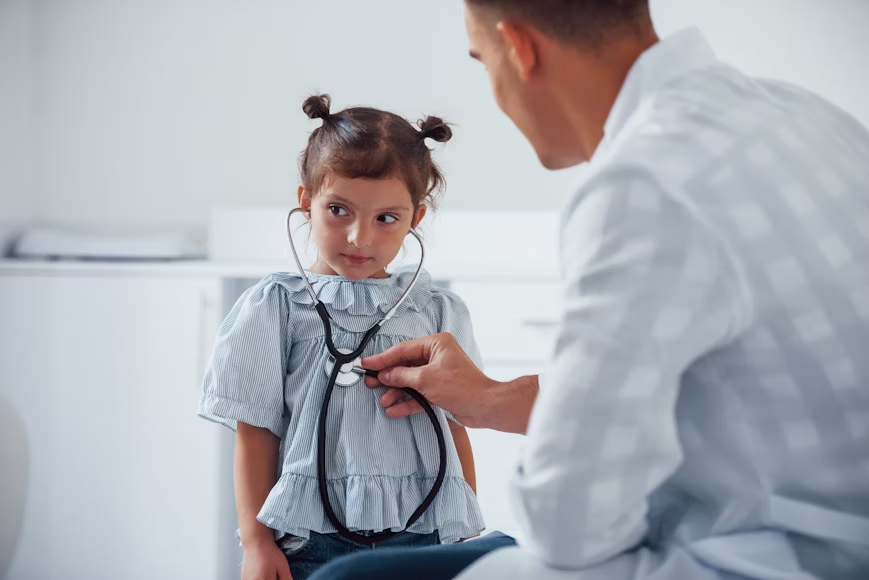Modern pediatric healthcare no longer sees mental and physical health as separate. New research and professional insights are highlighting a crucial truth: children’s emotional well-being is every bit as important as their physical development. When one aspect struggles, the other is often affected too. To build truly healthy children, families, educators, and health providers must approach wellbeing holistically.
How Mind and Body Are Connected
Children’s mental health can impact everything from appetite and sleep to concentration, social skills, and energy for play. A child grappling with anxiety may also complain of regular stomachaches or fatigue. Likewise, when kids experience positive self-esteem and supportive social connections, their immune systems often function better, reducing absences from school or frequent illnesses.
Physical activity plays a major role in this link. Exercise stimulates the release of endorphins—“feel-good” chemicals in the brain—which may help lower stress and fight depression or anxiety. Meanwhile, healthy nutrition not only fuels growth but can affect mood and brain function. Conversely, chronic illnesses or injuries can sometimes spark emotional challenges that need attention and support.
Why Addressing Both Is Important
Research consistently proves that investing in children’s mental and physical health can improve academic performance, friendships, and even long-term life outcomes. When physical and mental challenges are addressed together, recovery is faster, relapses are fewer, and self-confidence grows.
Signs that a child needs extra support may include:
- Sudden mood swings or withdrawal from activities
- Unexplained aches and pains
- Changes in sleep or appetite
- Drop in grades or social engagement
Open communication, regular check-ins, and a team approach involving parents, teachers, and pediatricians are key to building resilience and lasting mental and physical health.
Conclusion
Promoting children’s mental and physical health as a combined effort ensures that no child’s needs are overlooked. A healthy body supports a healthy mind, and vice versa—laying the foundation for success and happiness in every stage of life.
Frequently Asked Questions (FAQ) –
How can I tell if my child is struggling with mental health?
Look for changes in mood, sleep, appetite, or interest in favorite activities. Communication is key—always ask how your child feels and listen closely.
What activities boost both mental and physical health?
Outdoor play, team sports, arts and crafts, and family walks all encourage social interaction, creativity, and physical movement.
When should I seek professional help for my child?
If problems persist for more than a couple of weeks, or severely interfere with daily life, consult your pediatrician or a child psychologist.







